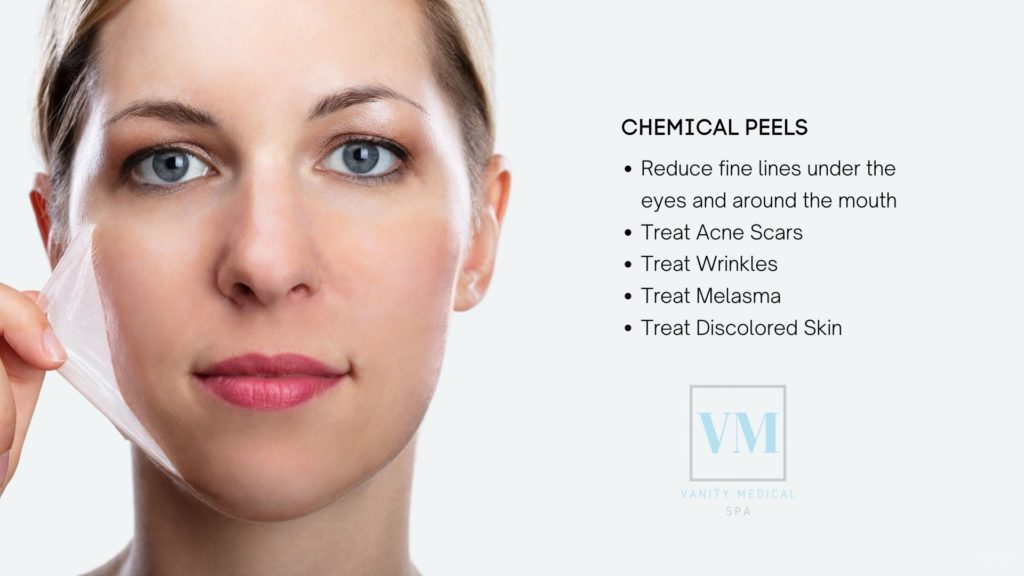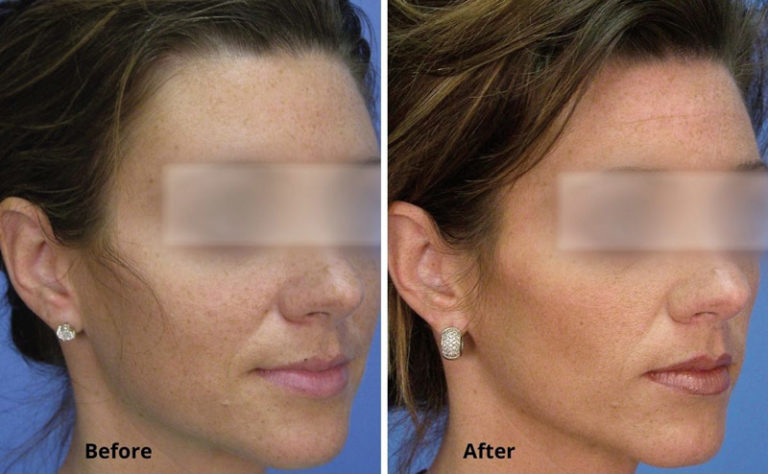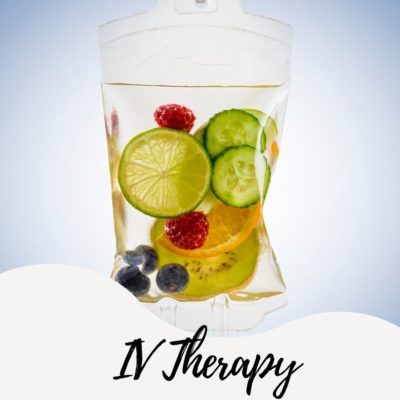Chemical peels are a powerful skin treatment that can reduce the effects of sun damage, acne scarring, wrinkles, and hyperpigmentation.
If you have acne scars, wrinkles, or hyperpigmentation and looking for a risk-free solution to get rid of your skin problems, you may have come across the term ‘chemical peels.’ But how much do you already know about these treatments? Do you know that there are several types of chemical peels used to treat different skin problems or that chemical peels remove skin cells in order to rejuvenate your skin? There is so much to explore about this wonderful skin treatment.
In this article, you will discuss everything you have ever wanted to know about chemical peels. Let’s get started!

What are chemical peels?
Chemical peels are cosmetic treatments used to enhance the overall texture, appearance, and feel of the skin. This treatment can be applied to your face, neck, and hands. During this treatment, a chemical solution is applied to an area of the skin being treated, which exfoliates the outer layer. This causes the outer layer of the skin to peel off and introduce the newer, smoother, and fresher skin from underneath.
This is an ultimate rejuvenation technique that gives rise to new skin that is usually smoother with fewer scars, fine lines, and wrinkles.
What conditions are treated through chemical peels?
Chemical peels can be used to reduce or improve:
- Mild acne scarring.
- Certain types of acne.
- Wrinkles caused by sun damage or aging.
- Fine lines around your mouth and eyes.
- Uneven skin tone, freckles, and sunspots.
- Scaly skin, rough skin, or dull complexion.
- Melasma—dark patches appearing on the skin due to pregnancy.
It is better to consult with a dermatologist to discuss the type of your peel. Your doctor will suggest the correct peel depending on your skin condition and the objective of your treatment. Please keep on reading to know more about the types of chemical peels.

Types Of Chemical Peels
There are three different types of chemical peels:
- Superficial Peels
- Medium-depth Peels
- Deep Peels
These types are categorized based on how deeply they rejuvenate the skin.
Superficial Peels
Superficial peels exfoliate only the outermost layer of the skin, the dermis. This type of peel is recommended only when the problem is on the skin’s outer surface and doesn’t require deep exfoliation. Usually, this peel takes 5-6 sessions to show visible results.
Since it is the gentlest type of peel, it has only 1-7 days of downtime. Patients are required to wear sunscreen during this period.
Medium-depth Peels
Medium-depth peel has at least 7-14 days of downtime. It causes redness, swelling, and even blisters. Patients are advised to avoid sun exposure at all costs and take antiviral medications, which help with recovery.
Dermatologists usually recommend medium-depth peels to treat issues like:
- Mild acne scarring
- Fine lines and wrinkles
- Sun damage
- Minor hyperpigmentation
Deep Peels
Deep peel exfoliates the skin more deeply and removes damaged skin cells from the middle layer. Dermatologists don’t usually recommend deep peel to their patients, as it has 14-21 days of downtime and produces more dramatic results.
However, deep peels can be recommended to treat moderate to severe wrinkles, sun damage, and hyperpigmentation.
Risks and Side Effects
A chemical peel is an FDA-approved cosmetic treatment that carries no side effects or risks. However, some common side effects that subside after a few days of the treatment may include:
- Redness
- Dryness
- Burning
- Minor swelling
- Stinging
Some uncommon, permanent, and more serious side effects may include:
- Permanent lightening or darkening of the skin.
- Permanent scarring
- Infections (fungal or Bacterial). People who have herpes complexion may develop flares.
- Heart or kidney damage. Phenol acids used in deep peel treatments can cause uneven heartbeat and kidney dysfunctions.
How to prepare for the treatment
Book an appointment with a dermatologist before undergoing the chemical peel treatment. The specialist will analyze your skin condition and discuss which treatment will work best for your skin. During the appointment, make sure to ask any questions you may have about the treatment, and you can even ask for details of the peel treatment you will be getting. Your skincare professional will also ask questions about your current acne medication and your skin type.
Before undergoing a chemical peel treatment, you must:
- Avoid using Accutane
- Inform your doctor or technician about your current medications
- Not use retinol-based creams or oral medications for at least forty-eight hours
Your doctor may also recommend:
- Using special creams to enhance the results of the treatment, like glycolic acid creams.
- Taking an antiviral medication if you are prone to blisters or breakouts.
- Avoiding facial scrubs and other forms of exfoliation at least a week before the treatment.
- Using retinoid creams.
- Avoiding hair removal creams, waxing, or bleaching at least a week before the chemical peel treatment.
Results
A superficial chemical peel helps with improving the overall skin texture and tone. The fine wrinkles become less visible, and acne scars also fade. The results are not so evident with the light chemical peel, but patients can see significant results after a few sessions.
With medium-depth peels, your skin will be noticeably smoother after the first session. You will also notice a drastic difference in the appearance of fine lines and scars on your face.
After a deep chemical peel session, you will see a dramatic difference in your skin’s texture, tone, and appearance. However, the results are not permanent, as new age lines and scars may appear due after some time to sun damage.
The Takeaway
Chemical Peels are an FDA-approved solution to eliminate those fine lines, wrinkles, and acne scars. All you need is an expert who can deliver you the best treatment that works wonders on your skin.
At Vanity Medical Spa, we have all types of chemical peel treatments that are administered by our professionals. Get a doctor’s appointment now and take a step towards healthier skin.
Am I A Good Candidate?
At Vanity Medical Spa, Dr. Robert Berberian will discuss the procedure and decide what is the best treatment for your situation. Contact us today to schedule an appointment and explore all options available (201) 815-5950
Schedule An Appointment


